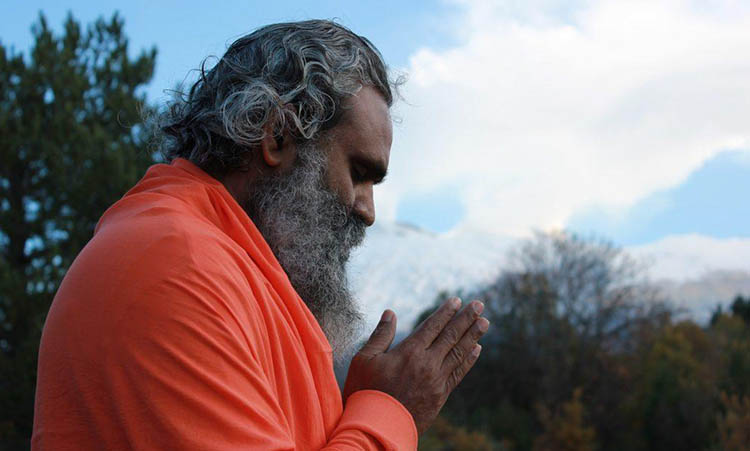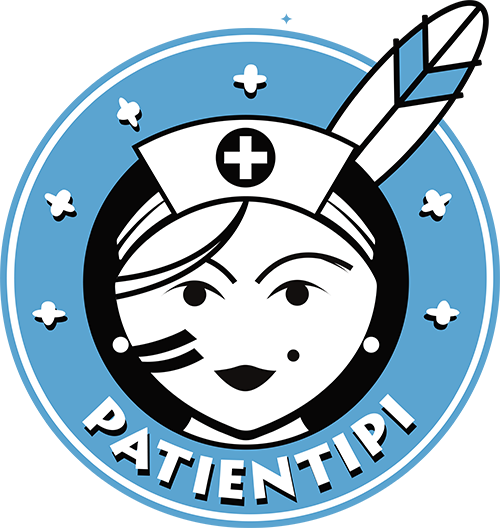Colleagues, you are caring for a patient of the Hindu faith. Here is a list of useful information to know in the context of his or her medical care.
General Information
● Hinduism is the most common religion in India and the 3rd largest in the world.
● Hindus believe in the reincarnation of the soul.
● Hindus are recognizable by the colored dot they wear on their forehead.
● This red dot, called the “Bindi” is a reminder to them of their spiritual dedication and protector from evil spirits.
● Many Hindus are adept at alternative medicines such as naturopathy, chiropractic, homeopathy and acupuncture.
Communication

● For Hindus, public displays of affection, including physical contact, are considered unwelcome and disrespectful.
Beliefs, Practices & Rituals

● Some Hindu patients may believe that illness is due to bad karma, caused by negative actions in one’s past and/or in previous lives.
● Hinduism provides for prayer after the morning bath and in the early evening using a rosary and/or sacred strings around their handles.
● As a prayer, Hindu patients may recite and/or chant mantras, which by their meaning, sound and style will help the person focus on holy thoughts.
● Mantras are meant to give courage in difficult times and bring out the inner spiritual strength of a suffering person.
● Hindus wear a colored dot on the forehead as a reminder of spiritual dedication.
● Yoga is used to help bring together the elements of God and the individual soul, this is the primary goal of every Hindu.
Dietary Habits

● Most Hindus are vegetarian, in keeping with the principle of non-violence and respect for the lives of animals.
● Food consists of dairy, fruits, vegetables, legumes, and starches.
● For Hindus, cows are sacred animals because they are the ones who offer their milk to all. Therefore, patients will find it inappropriate to suggest that they eat beef.
● People who are not vegetarians also do not eat meat, fish, or eggs on Tuesdays and Fridays, which are sacred days.
● Traditional Hindu medicine classifies foods as “hot” or “cold,” based on their inherent qualities rather than their temperature.
● “Hot” foods, such as meat, fish, eggs, yogurt, honey, and nuts, are encouraged for “cold” conditions, such as fever or in anticipation of surgery, especially in winter.
● “Cold” foods such as milk, butter, cheese, fruits and vegetables are encouraged for “hot” conditions such as pregnancy and during the summer.
● The right hand is usually used for eating and the left hand for washing and hygiene.
● According to the precepts of religion, a bath should be taken daily before breakfast.
● Fasting, which can range from one day to one month, is a common practice.
Pregnancy and motherhood

● Among Hindus, pregnant women are encouraged to eat nuts, grapes, coconuts, and fruits to have a healthy baby.
● After the birth of their child, it is customary for women can eat dried ginger powder, celery seeds, walnuts and puffed lotus seeds in order to cleanse their body and regain strength.
● Sterility may be experienced as a curse, a divine punishment following the breaking of a prohibition (such as an abortion) or the consequence of a bad spell.
● On the child’s 1st birthday, the family shaves the child’s head to eliminate the negative karma that would be linked to previous existences.
End-of-life care

● Hindus believe in reincarnation. Therefore, it is important for a person of the Hindu faith to settle debts, redeem sins and make peace with others before dying.
● According to tradition, the dead are cremated to be purified by fire before the ashes are poured into the Ganges.
● The bodies of young children are not burned, but buried, as they are considered pure.
● Cremation is generally practiced, although some Hindus may now choose to be buried.
● It is common for a dying person to be taken home so that the family can gather and perform rituals. Family members will need to watch over the patient.
● Some Hindus have a spirit guide that they may want to see when they are ill.
● A dying person may wish to be oriented to the east or north and have a family member recite a mantra.
● For Hindus, death is not considered an unfortunate event because it is the passage to a new life for the deceased.
● Family members are encouraged not to hold the soul of the deceased.
● Autopsy may be considered a disrespectful act.
● Hinduism does not prohibit organ donation. Each person is free to make their own choice.
Examples of Cases Encountered
A patient of Hindu faith was dying and becoming extremely bloated. His abdomen was distended and he had severe edema in his arms. A nursing assistant was about to remove a string tied around the patient’s wrist because it was cutting off his blood flow. Another nurse stopped him and asked him to wait until the patient’s daughter arrived. She knew that Hindus sometimes wore sacred threads around their necks or arms, and felt that since the patient was close to death in any case, cutting it without permission might be more harmful than leaving it on. When the patient’s daughter arrived, the nurse explained her concerns. His daughter agreed to have the cords cut and thanked the nurse for her sensitivity.
| ● Cleveland Clinic – Diversity Toolkit |
| ● Caring for patients from different cultures, 5th edition – Geri-Ann Galanti |
| ● Wikipedia.org – Hinduism |
